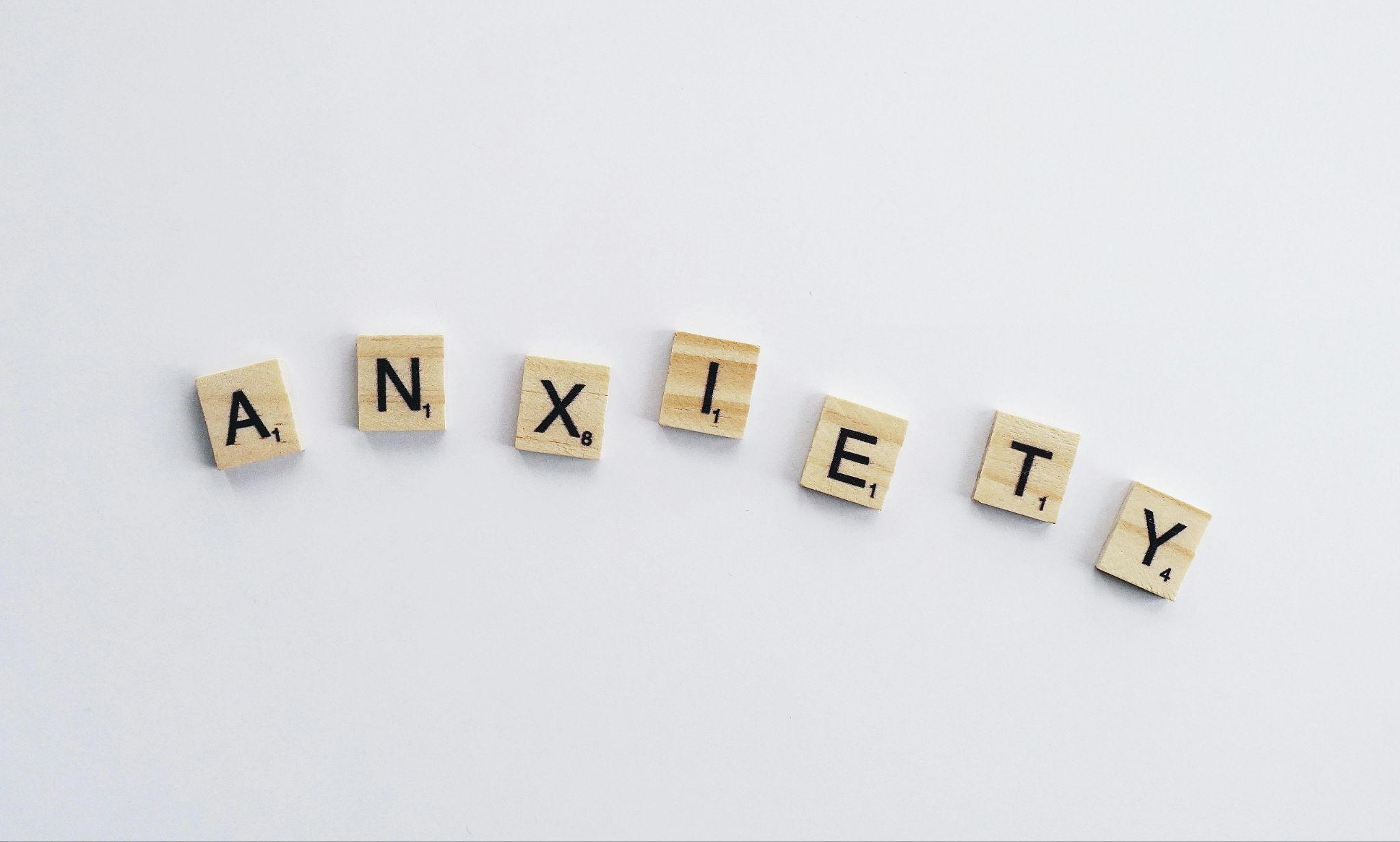Addressing the stigma surrounding addiction and mental health is paramount. This stigma is perpetuated by societal attitudes, often fanned by ignorance and lack of adequate mental health education. This results in discrimination, self-stigmatization, and bars access to essential help for sufferers. Effective strategies to overcome this stigma include education to dispel myths and enforce anti-discrimination policies. We need to recognize that addiction is a chronic disease, complicated further when co-occurring with mental health disorders. Just like physical health, ignoring mental health can lead to severe fallout. Pushing beyond the surface will reveal the urgency and means of promoting mental health awareness.
Understanding Addiction and Mental Health
Exploring the intricate relationship between addiction and mental health requires a discerning approach to separate fact from misconception. This clarity is essential for understanding these complex and interlinked issues. Let’s start with the origins of addiction. Far from being a mere moral failing, addiction is a chronic brain disease that often stems from maladaptive responses to stress and trauma. Factors such as genetic predisposition, environmental influences, and co-occurring mental health disorders like depression and anxiety play significant roles in its development.

The challenges of recovery add another layer of complexity. The journey to recovery is seldom straightforward, with potential relapses and setbacks along the way. Many individuals struggling with addiction also face co-occurring mental health disorders, resulting in a dual-diagnosis scenario that requires integrated treatment approaches. Compounding these challenges is the stigma associated with these conditions, which can obstruct access to vital services and further complicate the recovery process.
The Impact of Stigma on Individuals
Individuals grappling with addiction and mental health disorders face numerous challenges. Societal prejudice and discrimination not only exacerbate their struggles but also impede their journey towards recovery. This stigma, often rooted in misunderstanding or fear, has several profound effects on those confronting these issues.
To begin with, understanding the origins of stigma reveals its tendency to lead to self-stigmatization. Individuals often internalize negative societal attitudes, resulting in feelings of shame, guilt, and worthlessness.
Secondly, the impact of discrimination is significant. It can lead to social exclusion and limit opportunities in employment, housing, and interpersonal relationships.
Lastly, stigma can deter individuals from seeking help, worsening their condition and prolonging their suffering.
The impact of stigma on individuals is multifaceted and severe. It not only exacerbates the challenges faced by those dealing with mental health disorders and addiction but also creates a societal environment that hinders recovery. Therefore, recognizing and addressing stigma is crucial in fostering a more empathetic and supportive society for all.
Society’s Role in Perpetuating Stigma
While the impact of stigma on affected individuals is undeniably significant, society’s role in perpetuating such stigma, often inadvertently, through various means and mechanisms, must be acknowledged. This Stigma Propagation is a societal issue that needs to be thoroughly dissected, understood, and addressed.
Cultural influences play a significant role in shaping societal attitudes, which contribute to stigma propagation. Societal norms, beliefs, and values often dictate the way mental health issues and addiction are perceived, leading to stereotyping and discrimination. It’s not uncommon for society to label individuals suffering from such issues as ‘weak,’ ‘dangerous,’ or ‘unstable,’ thereby reinforcing negative stereotypes. Media, too, often perpetuates these stereotypes, whether through inaccurate representation in movies, TV shows, or news reports.
Moreover, the lack of proper mental health education and understanding amongst the general public further fuels stigma. Misconceptions and myths about mental health and addiction are rife, leading to fear and avoidance of those affected. Consequently, this results in marginalization and isolation of these individuals, exacerbating their struggle.
Therefore, societal attitudes and actions substantially perpetuate stigma, making it a collective problem that requires collective action.
The Consequences of Ignoring Mental Health
Ignoring mental health, particularly within the context of stigma, can lead to a myriad of devastating consequences, both for the affected individuals and society at large. The repercussions are multifaceted and extend far beyond the domain of health.
- Economic Consequences: Ignoring mental health issues can lead to decreased productivity due to the impact of mental health disorders on work performance. Workplace stressors exacerbate the situation, causing burnout, absenteeism, and high turnover rates. This not only places a substantial financial burden on businesses but also on the economy as a whole due to lost productivity.
- Social Consequences: The stigma surrounding mental health often results in social exclusion, discrimination, and marginalization of those affected. This can lead to a breakdown in interpersonal relationships and an exacerbation of the mental health problem itself, creating a vicious cycle of neglect and deterioration.
- Health Consequences: Without timely therapeutic interventions, mental health disorders can deteriorate, leading to severe health complications, co-morbidities, and even premature death. The burden on the healthcare system also increases, with emergency services and crisis teams being stretched thin.
Neglecting mental health has far-reaching implications that highlight the urgent need to address stigma and promote mental health awareness.
Strategies to Overcome Stigma
Given the detrimental impacts of sidelining mental health, it becomes imperative to discuss effective strategies that can aid in overcoming the pervasive stigma associated with it. One of the most potent tools at our disposal is Stigma Education. By fostering an understanding of mental health issues, we can dismantle the prejudice and misconceptions that often accompany them. This involves promoting accurate information about these conditions and their prevalence, dispelling myths, and challenging the damaging stereotypes that perpetuate discrimination.
Moreover, implementing Anti-Discrimination Policies is another vital step towards eradicating stigma. These policies should be enforced across all sectors – from workplaces to educational institutions – to ensure that individuals suffering from mental health issues are treated equitably and are protected from discrimination. Such policies provide these individuals a safe and supportive environment and encourage others to seek help without fear of judgment or ostracisation.
To summarise, a dual-pronged approach encompassing Stigma Education and Anti-Discrimination Policies can effectively combat the stigma surrounding mental health. These strategies create a more informed, empathetic society where individuals struggling with mental health issues are understood, supported, and accepted.

Promoting Empathy and Understanding
In the quest to confront mental health stigma, fostering empathy and understanding emerges as a crucial facet of the broader solution. The journey towards a stigma-free society requires a deliberate shift in attitudes and communication styles.
- In-depth Exercises: These activities can help individuals better understand mental health issues. By stepping into the shoes of those battling addiction and mental health disorders, we begin to see the world from their perspective. In-depth exercises can range from role-playing scenarios to immersive experiences designed to promote empathy and reduce prejudice.
- Sympathetic Communication: This involves speaking and listening with a genuine desire to understand and validate others’ experiences. It encourages openness and discourages judgment, creating a safe environment for individuals to share their struggles.
- Informative Initiatives: Knowledge often sparks empathy. Informative education about addiction and mental health can dispel misconceptions and stereotypes. Through understanding, we can replace fear and judgment with compassion and support.
Final Thoughts
Addressing the stigma around addiction and mental health necessitates collective societal efforts. By promoting empathy, understanding, and abandoning judgmental attitudes, the societal perception of these issues can transform. This change will not only foster a supportive environment for those afflicted but also enable more effective treatment and recovery. Eradicating stigma is an imperative step towards enhancing the overall mental health landscape.
If you or someone you care about is struggling with substance abuse, remember that help is readily available. At BlueCrest Health Group, we offer comprehensive substance abuse treatment tailored to meet individual needs, fostering recovery and hope. Our team of dedicated professionals is committed to providing the support, guidance, and resources necessary to navigate the journey to sobriety.
Frequently asked questions (FAQs):
- What is stigma, and how does it affect individuals with addiction and mental health disorders?
Stigma refers to the negative attitudes and beliefs that society holds towards individuals dealing with addiction and mental health disorders. It leads to discrimination, self-stigmatization, and hinders access to necessary treatment and support.
- How does society perpetuate stigma surrounding addiction and mental health?
Society perpetuates stigma through cultural influences, media representation, and lack of proper mental health education. These factors contribute to stereotyping, marginalization, and fear of those affected by mental health issues.
- What are the consequences of ignoring mental health issues?
Ignoring mental health issues can result in economic, social, and health consequences, including decreased productivity, social exclusion, and worsening of mental health conditions, which can lead to severe health complications and strain on healthcare systems.
- What strategies can be employed to overcome stigma surrounding mental health?
Strategies to overcome stigma include promoting accurate information through Stigma Education, implementing Anti-Discrimination Policies, and fostering empathy and understanding through in-depth exercises and sympathetic communication.
- Why is empathy important in addressing mental health stigma?
Empathy is crucial as it fosters a supportive environment by encouraging openness and reducing judgment. It helps individuals understand the experiences of those battling addiction and mental health disorders, leading to compassion and support.
- What role do individuals play in combating stigma and promoting mental health awareness?
Individuals play a significant role by educating themselves and others, challenging stereotypes, offering support to those affected, and advocating for policies that protect against discrimination and promote mental health awareness.
- How can societal attitudes towards mental health and addiction be changed?
Societal attitudes can be changed by promoting understanding and empathy, providing accurate information about mental health issues, and creating a culture of acceptance and support for individuals dealing with these challenges.

